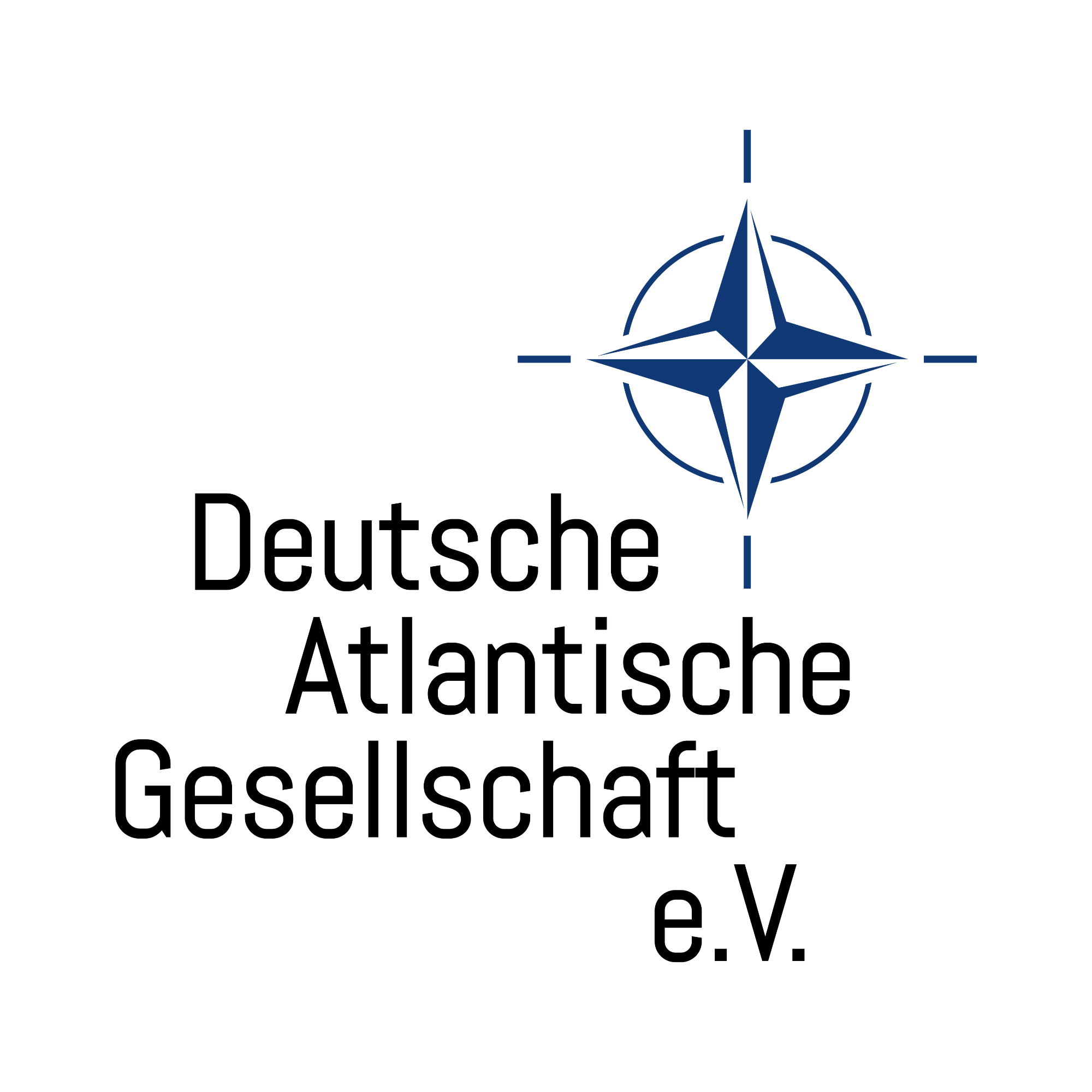Russia’s attack on Ukraine: Lessons Learned for European security
With the invasion in Ukraine in February, Russia’s President Vladimir Putin has irrevocably shattered the European security order based on the peaceful settlement of disputes, the territorial integrity of states and the promise to refrain from the use of armed force. Since this invasion, Europe now witnesses the threat of the use of atomic weapons, forced migration of millions of Ukrainian citizens, the heart-breaking slaughter of innocent Ukrainian civilians, and the death of thousands of soldiers on both sides.
So far, the transatlantic response has displayed remarkable unity: Alongside national weapons deliveries, a total of 1.5 billion EUR of assistance now supports the Ukrainian Armed Forces under the European Peace Facility. The European Union has agreed upon several packages of sanctions, including on Russian coal, and discussions on a phased import ban on Russian oil are ongoing. NATO allies are considerably strengthening their eastern flank and with Finland and Sweden two potential new members are already knocking on the door of the alliance.
Amid this unprecedented European and transatlantic diplomatic activity, we need to ask: How much have the Europeans achieved so far and which lessons can already be drawn from the West’s initial response? What role can Europe, the EU and NATO play in bringing about a diplomatic solution to the war – or must we conclude that only a firm military response is likely to bring an end to the war? What can be said about Europe’s ambition to become a credible military and political actor on the world stage?
Together with our distinguished guests, Julia Friedrich, Daniel Bagge, Lt. Gen. (Ret.) Heinrich Brauss, and Tomáš Pojar, we want to analyse and discuss the lessons learned for European security since the beginning of the invasion.
We kindly invite you to this debate. The discussion will be held in English without translation.
Participation is only allowed if vaccinated (3 times), recovered or tested.
In Cooperation with:





















